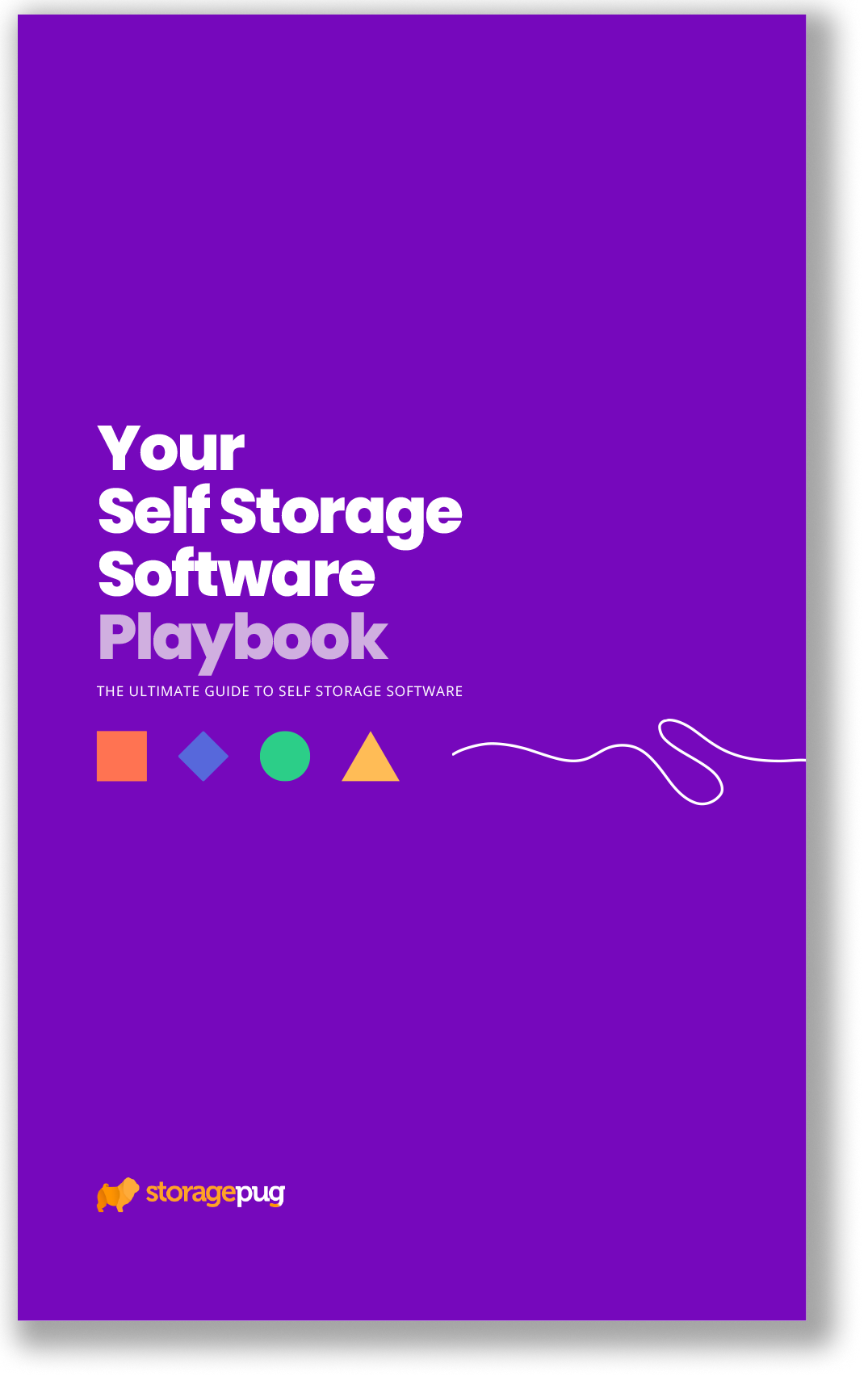Menu
April 27, 2022


How do I avoid getting sued?
There’s a lot that goes into buying insurance for your self storage facility–considering natural disasters, theft, negligence–but the fear of being sued probably weighs pretty heavily.
Getting appropriate insurance and requiring your customers to be covered as well can protect you when something goes wrong, but how liable are self storage operators in the first place? Do you really need to worry about your tenants suing you?
The legal side of self storage is complicated and constantly changing. This blog post is intended to give you context. Consult a lawyer or your state self storage association for legal advice.
Self storage operators can protect themselves from legal liability in a few ways, including self storage insurance, but the first step is understanding where you might be vulnerable to a lawsuit.
Here are three common areas where self storage liability is a concern.
Good news! In general, self storage businesses are not responsible for the items you’re holding for your tenants. Again, this can vary by state and is subject to change, but on the whole, you won’t be forced to pay for goods damaged in your care. More commonly, homeowner’s insurance or renter’s insurance will cover goods damaged by natural disasters or theft.
However!
That won’t stop someone from trying to get you to pay for their damaged items. You could also be held accountable for negligence if you don’t maintain your property–that is, if a court deems that the damage occurred because your facility was in disrepair or was otherwise faulty.
Even if you aren’t being negligent, the cost of hiring a lawyer to prove that to a jury could quickly outweigh the costs that might be incurred for the damaged property.
Customer Goods Legal Liability Insurance will cover your legal expenses in the event you’re sued for damage to your tenants' goods. Check with your local self storage association to see whether they recommend this type of insurance or if they have a program in place that will provide you with legal counsel in the event you face litigation for lost tenant goods.
Lien laws and auctions are intimidating, and these are some of the thornier issues for new self storage owners to tackle. As with any legal issue, your local self storage association is a wonderful resource to ensure you’re complying with all applicable lien laws.
Your self storage software can help protect you from improper lien sale liability in two ways: preventing tenants from going into lien and enabling online auctions.
Most of the popular property management systems can automate late payment reminders and other notices, encouraging your tenants to stay current. It can also let you know when someone is falling behind so you can reach out personally before it becomes a lien situation. Digital record-keeping can also help you avoid getting into such situations by keeping track of which tenants are habitually late and which are just running behind.
If the unit does go to auction, using services such as StorageAuctions.com or StorageTeasures can help make the process quick and relatively painless. We also have a customizable lien sale form if you prefer to keep track of all the information by hand.
If all else fails, sale and disposal liability coverage will step in and cover potential damages and legal fees. Consider the cost of adding this type of insurance against the potential for facing self storage liability.
Every type of business that hosts customers needs to consider getting comprehensive business insurance. This protects you in the case of a tenant being injured while on your property. Make sure your coverage also protects against specific self storage liability, like if a vehicle was to be damaged by your gate closing on it.
Self storage property management software (commonly called a PMS) can help you avoid expensive liabilities by improving your lease process, reducing the number of liens, and adding personal insurance.
Leases are tricky. You should always consult a self storage lawyer or attorney to ensure your lease protects you and will hold up in court.
Your PMS can help you explain your (properly vetted and legal!) lease to your customers. You’ve probably seen a tenant’s eyes glaze over when they look at a sheet full of tiny letters and dotted lines. Online rentals and e-sign can help you explain what the lease actually says, and tenants can zoom in and enhance the text much more easily on a phone or computer.
Online leases also give you room to explain the meaning and purpose behind certain parts of your lease without needing to add more sheets of paper. It’s easy to provide all the necessary legalese in the lease and follow it with bullet points explaining exactly what you need your tenants to know.

You don’t want your tenants confused about the terms of the lease they’ve signed. Not only will confused tenants be more likely to miss payments (if, for example, they’re not entirely sure when the payment is due), but they’ll be frustrated if you try to charge them late fees for the confusion.
A good customer experience will generate the best marketing a self storage operator can get–happy customers and good reviews. Make a list of the most important points of your lease:
A few bullet points can simplify the terms of the lease, and good self storage software makes those easy to add.
Your PMS can send automated payment reminders and help you keep track of your tenants.
Prompt reminders are much easier for a computer to keep track of than a person. Your software knows exactly when every customer has a payment due and can send notifications a day before, a week before, or with whatever frequency you decide is best.
Reminders can help reduce delinquency, which in turn reduces total liens. However, software can also be beneficial for record-keeping. For operators with hundreds of tenants, and especially for those with multiple facilities, good recordkeeping can help you keep track of which tenants are habitually problems, and which are good tenants who missed a payment.
With good information, you can make good decisions about whom to send to liens, whom to forgive late payments on, and whom to refuse to rent to.
Many self storage operators require their tenants to purchase additional rental insurance for their stored goods. This is a great way to protect yourself from self storage liability but can be difficult to get your customers to agree to.
If they don’t agree, you can of course just refuse to rent to them, but it’s better to make insurance easy. Renters insurance or a tenant protection plan can make you money, depending on how you offer it, and at the very least it can protect your tenants’ goods in the event something bad does happen.
Tenants are far more likely to pay for insurance or a tenant protection plan if doing so is easy.
This is where your software comes in. If your tenants sign up online, it’s simple to add another form for insurance or tenant protection plans. Or, you can automatically sign them up as part of your lease!
Again, be sure to consult a legal expert before changing your lease or sign-up protocols.
With large numbers of tenants signing up for the plan, you can typically get good rates that make the insurance even more appealing to your guests.
See some of my other favorite posts:
At StoragePug, we build self storage websites that make it easy for new customers to find you and easy for them to rent from you.
